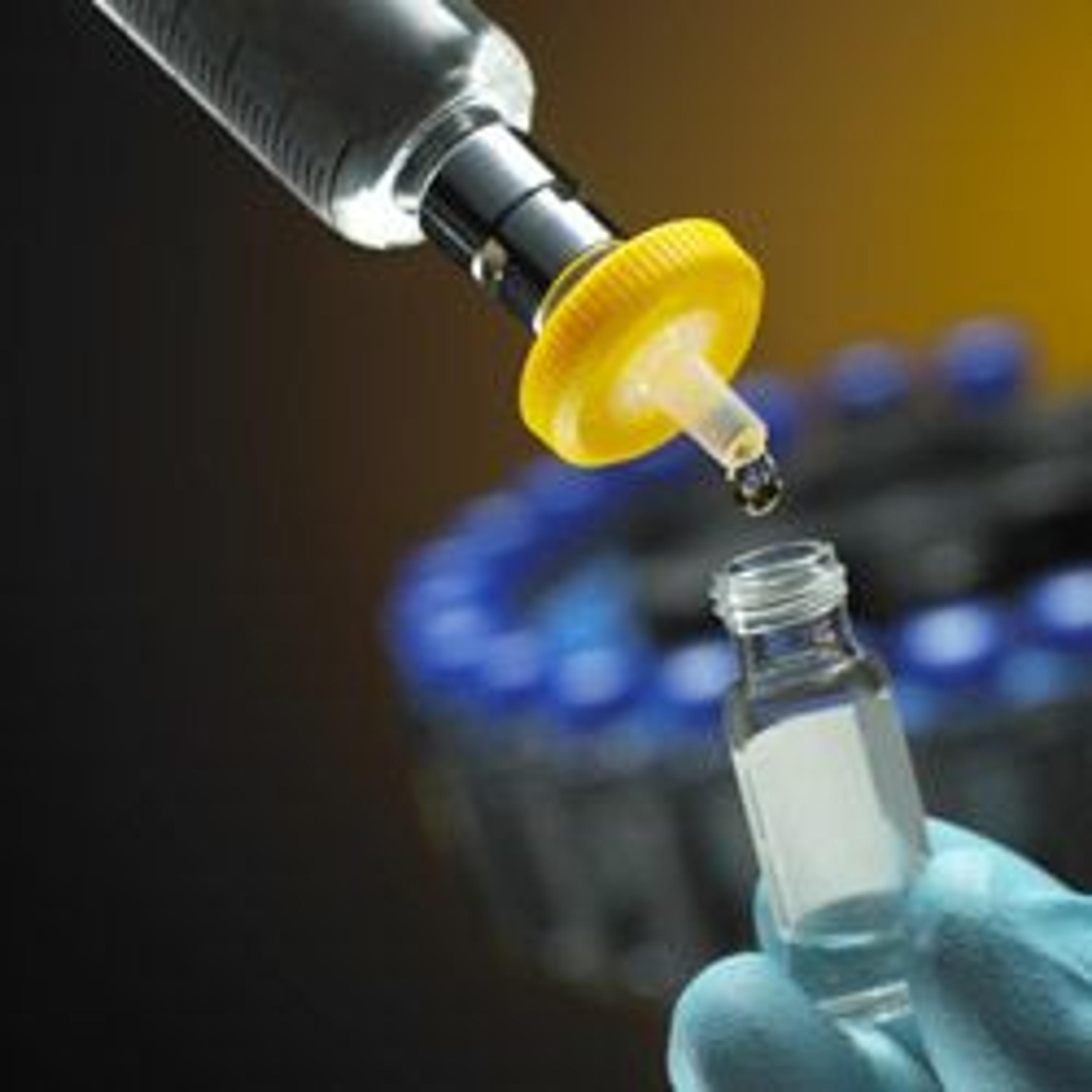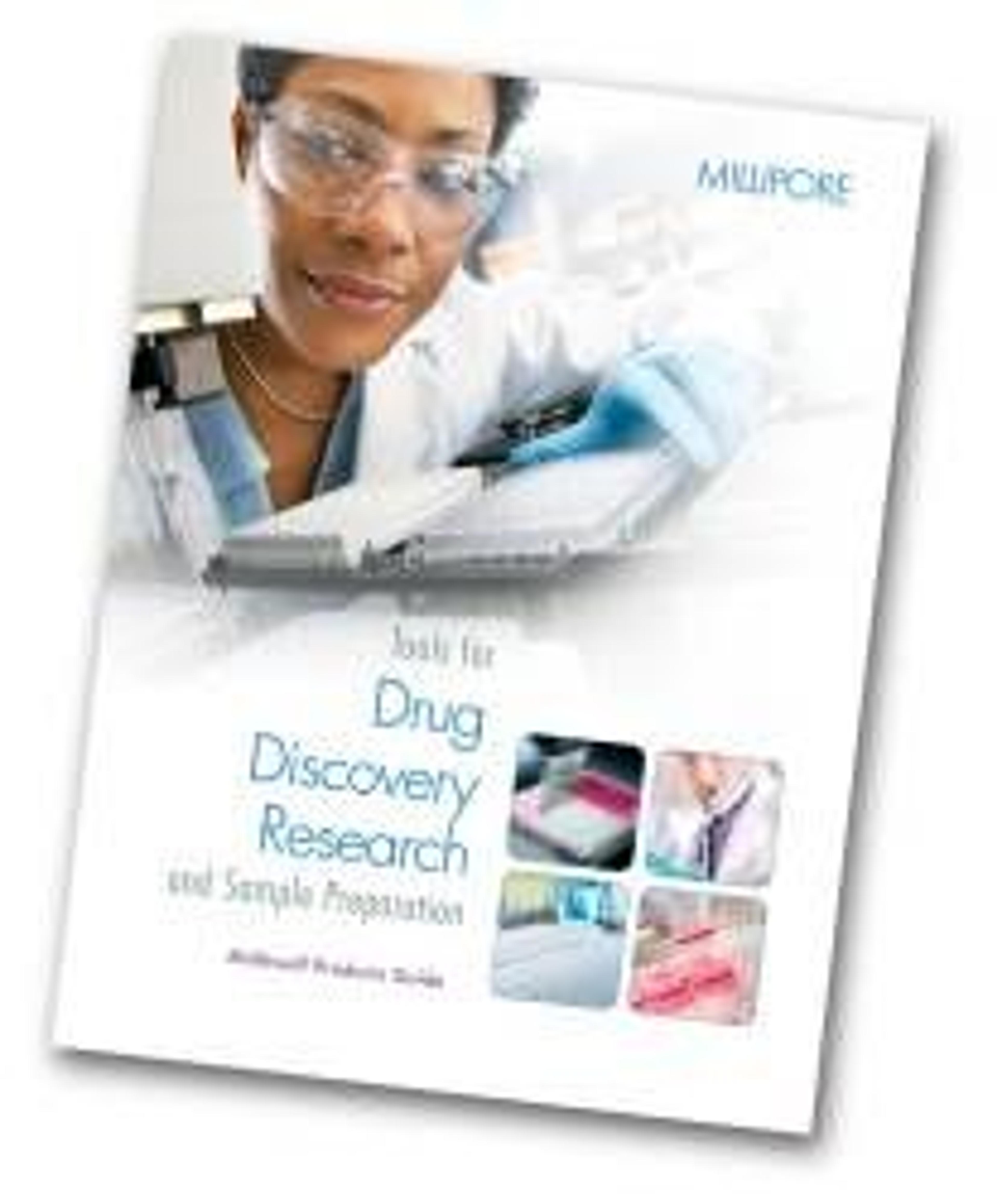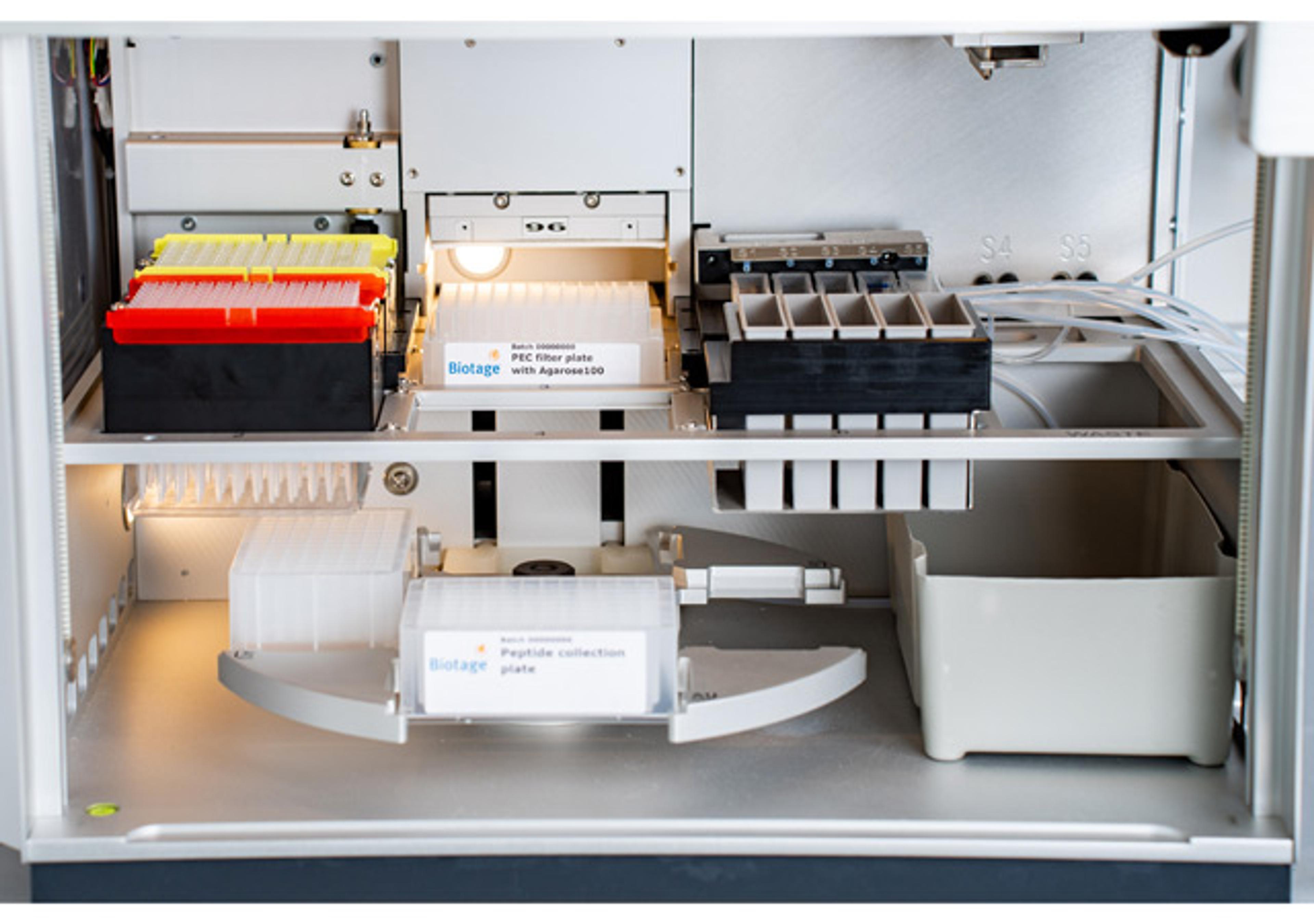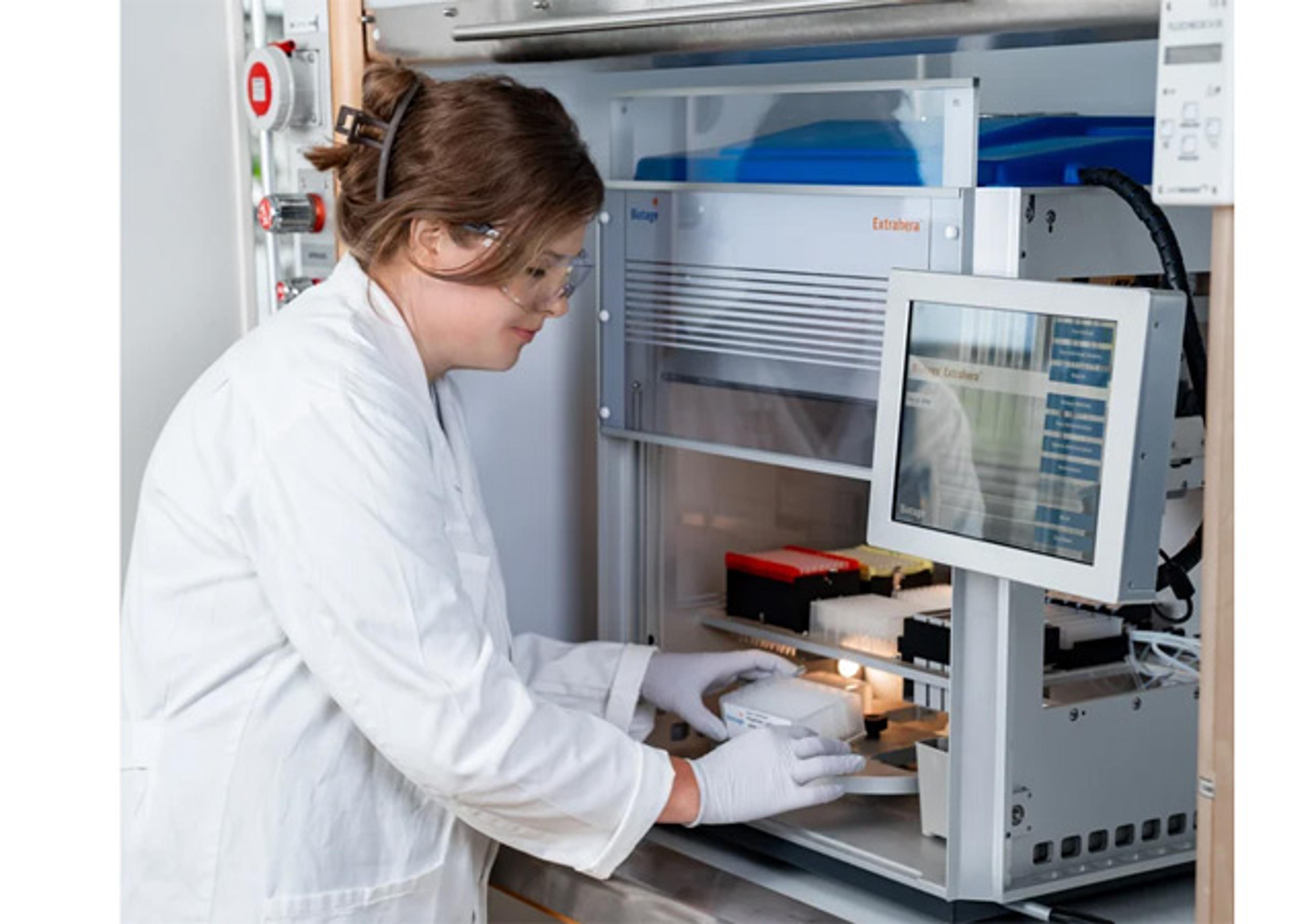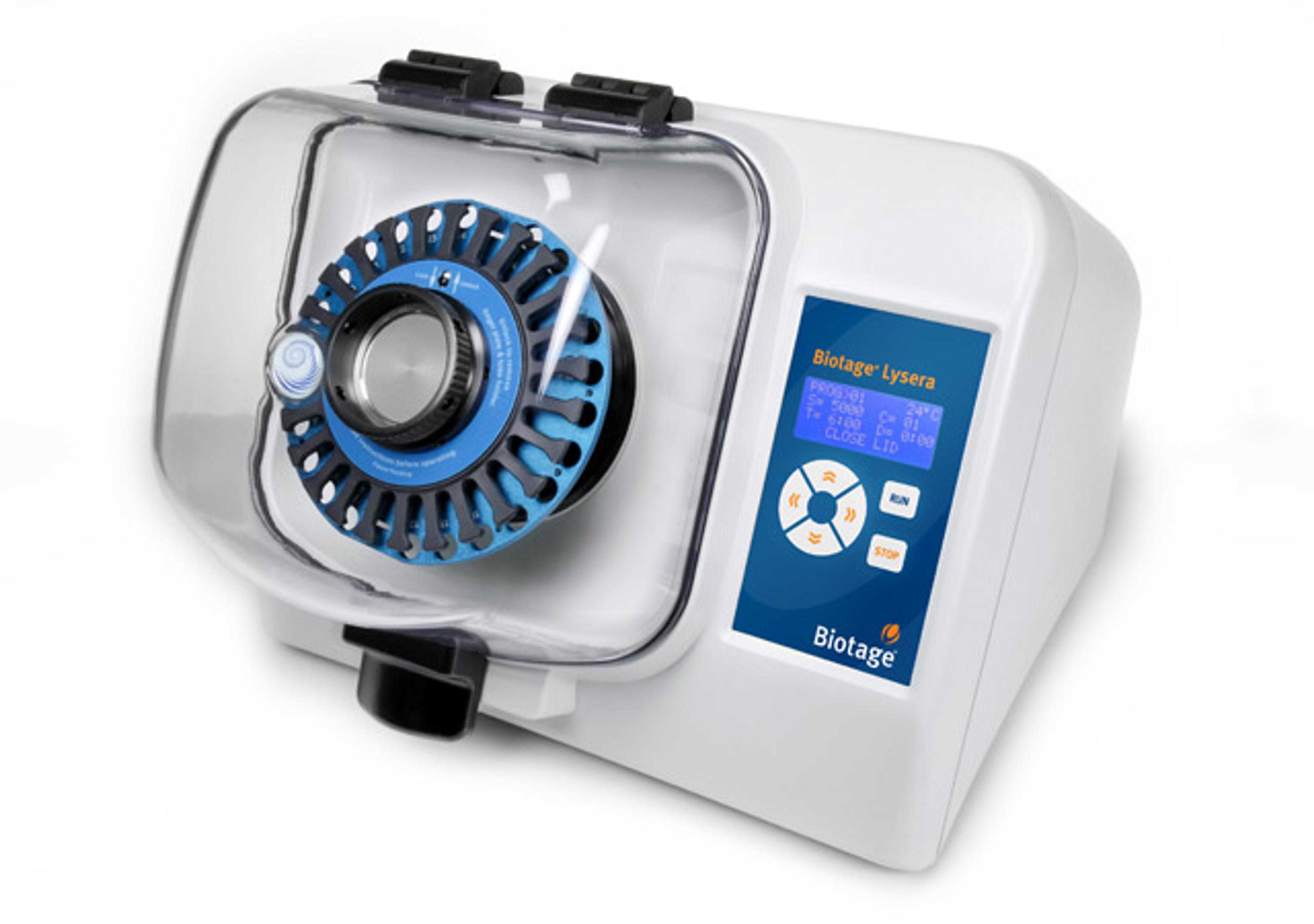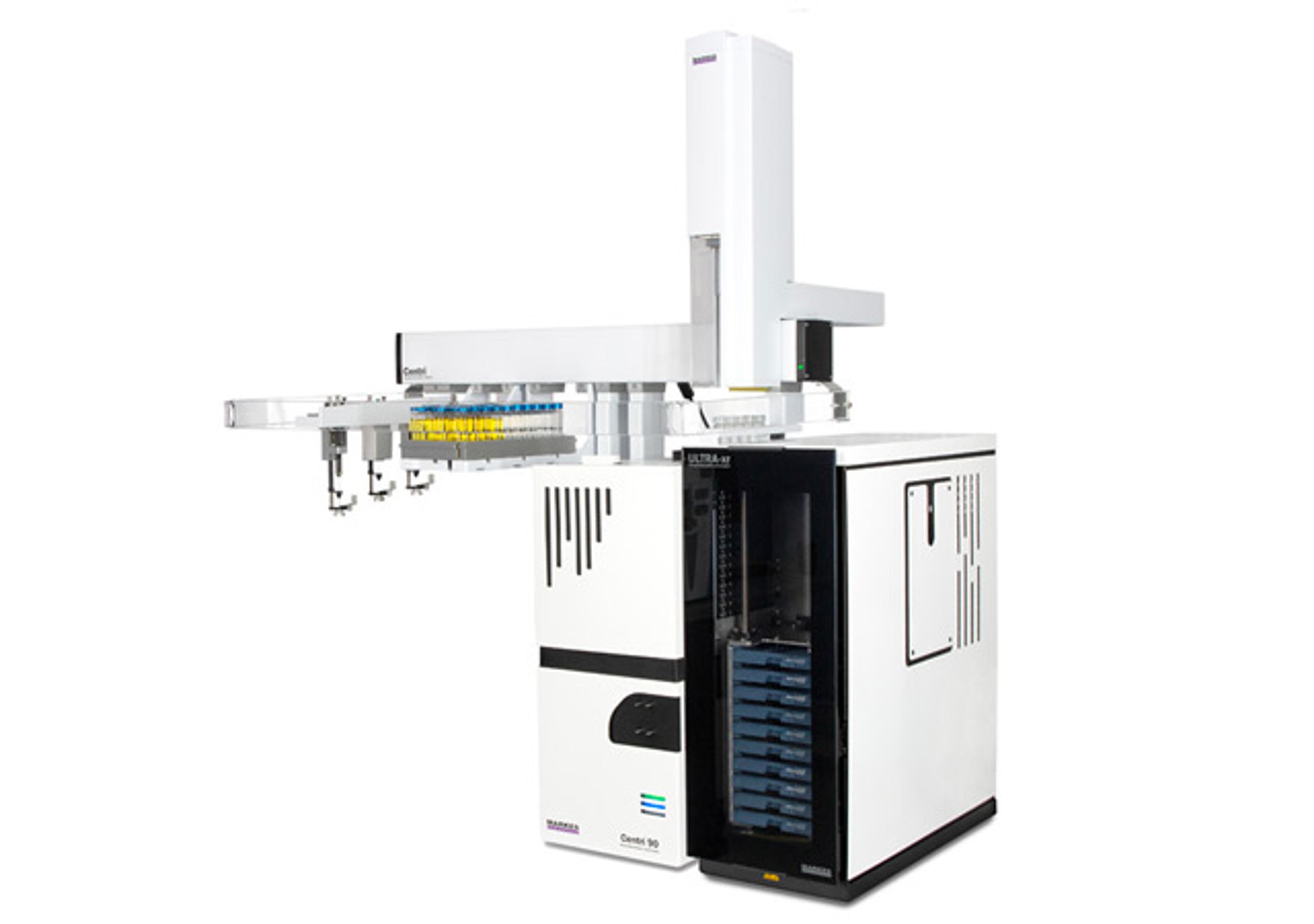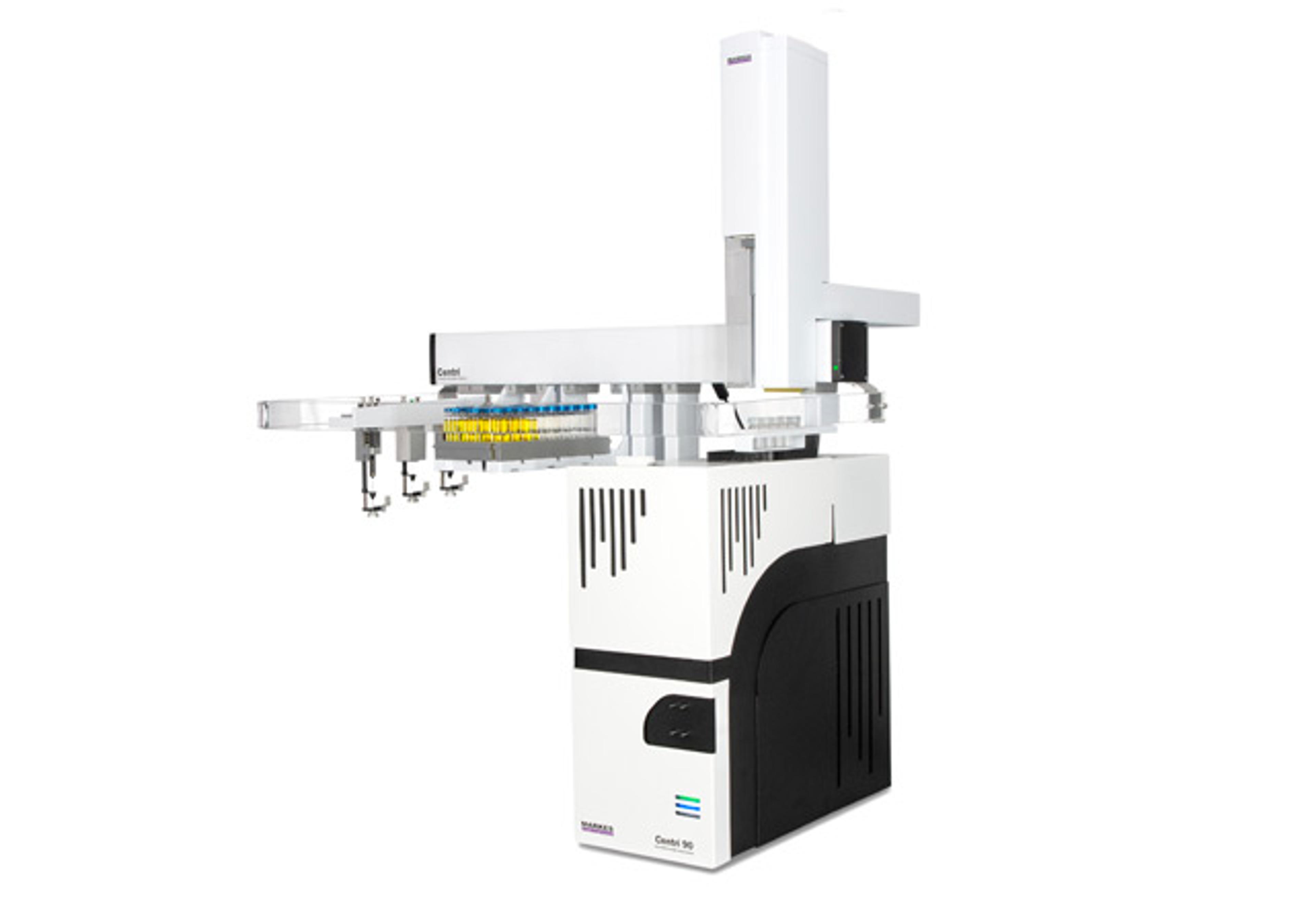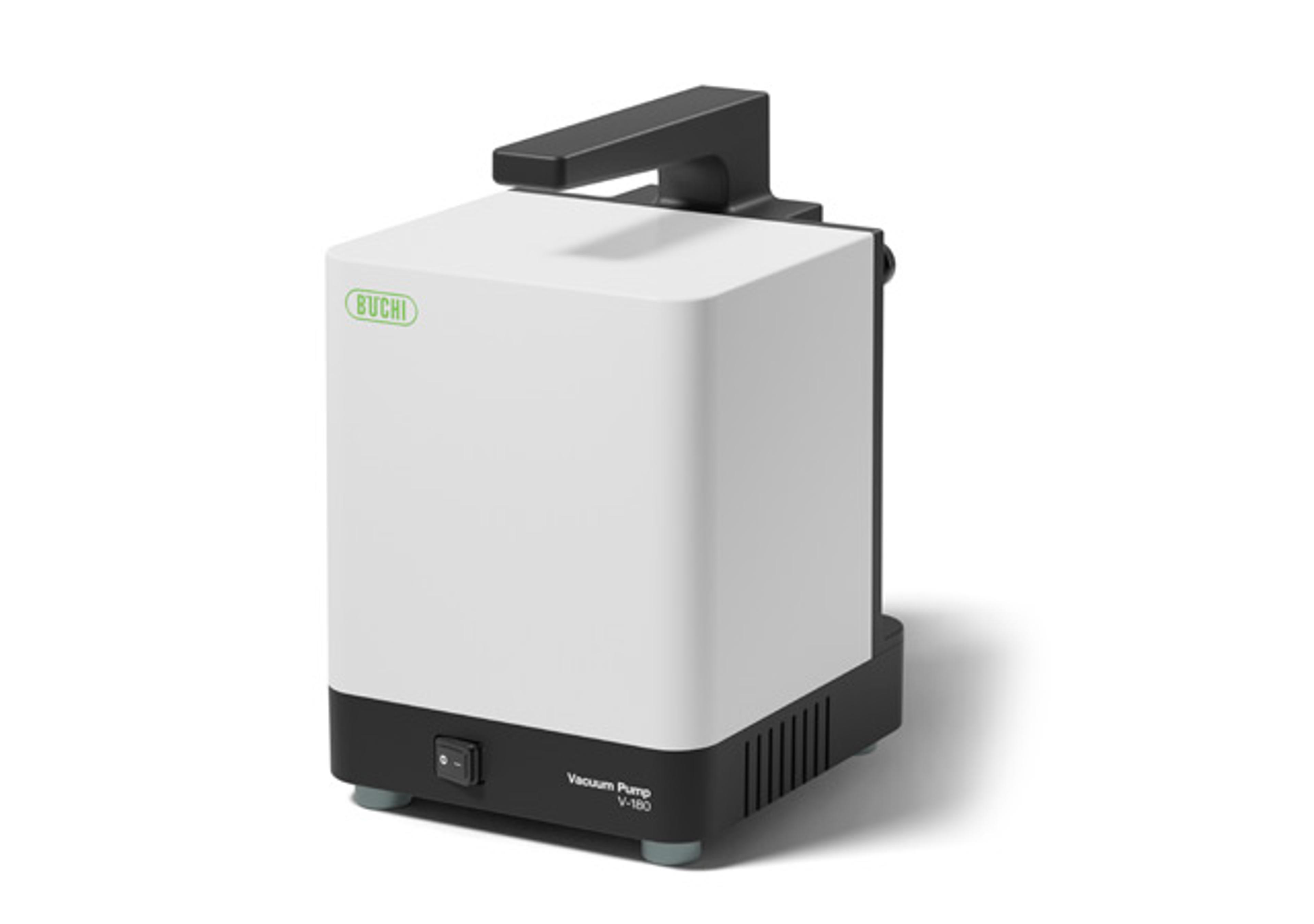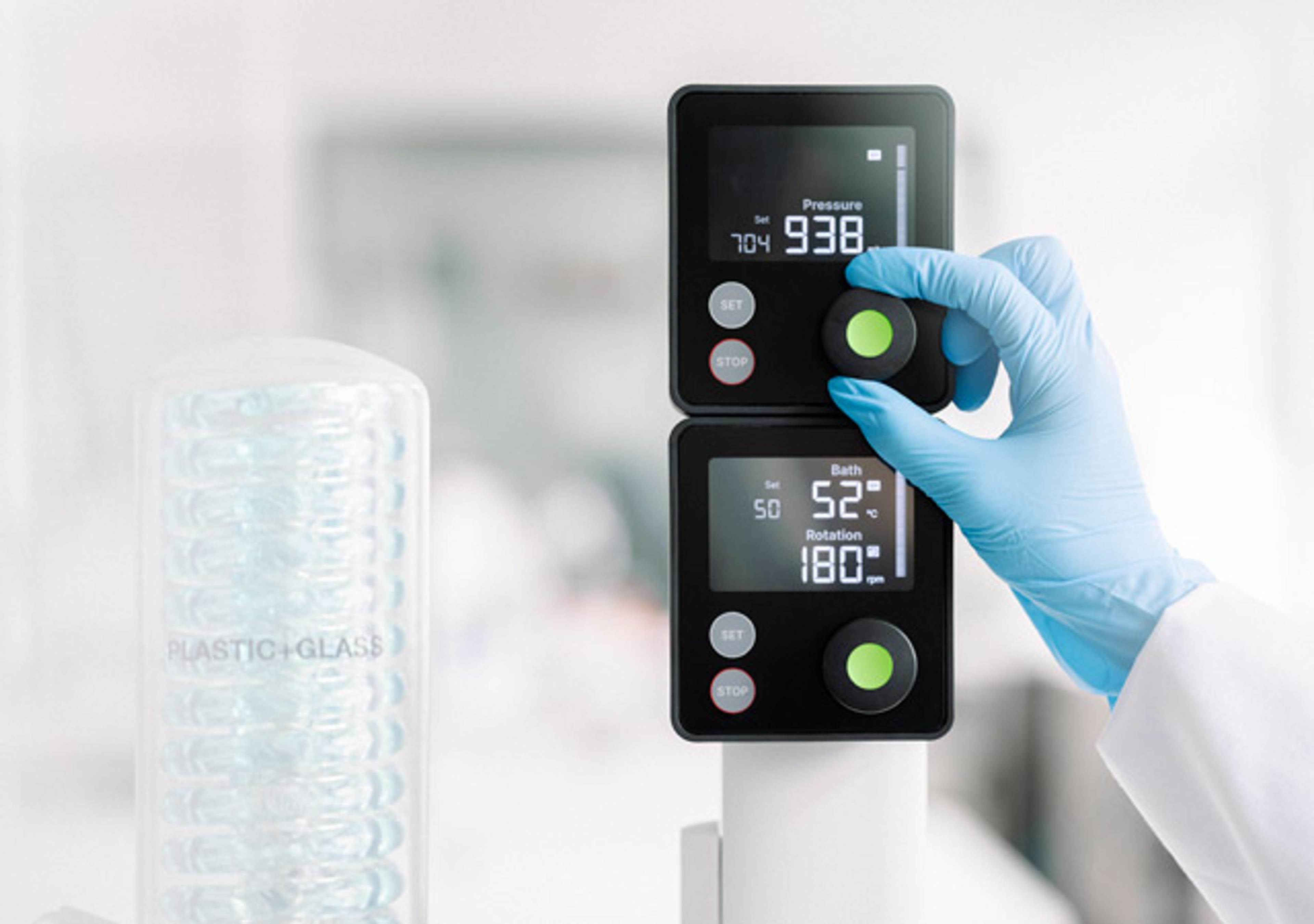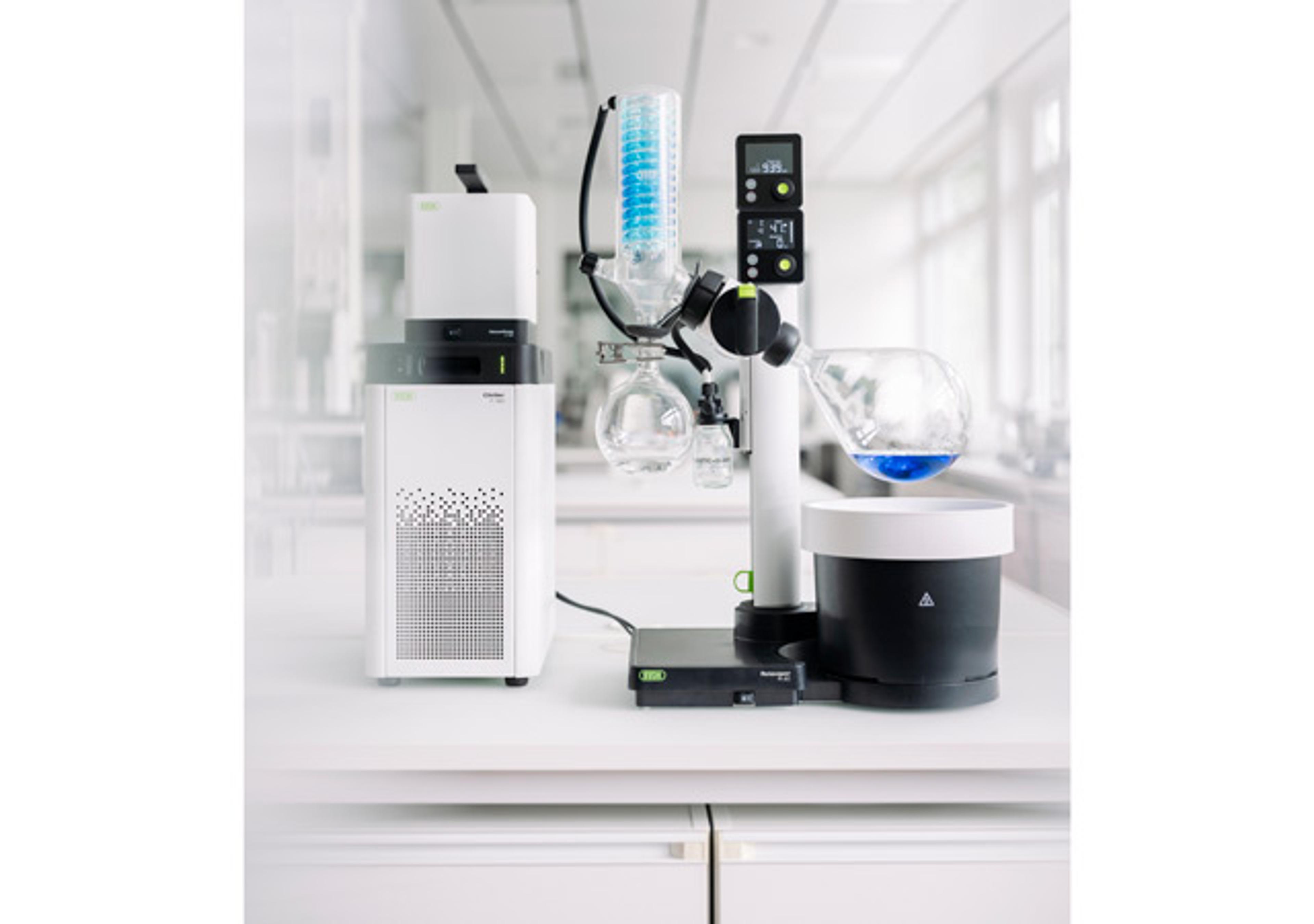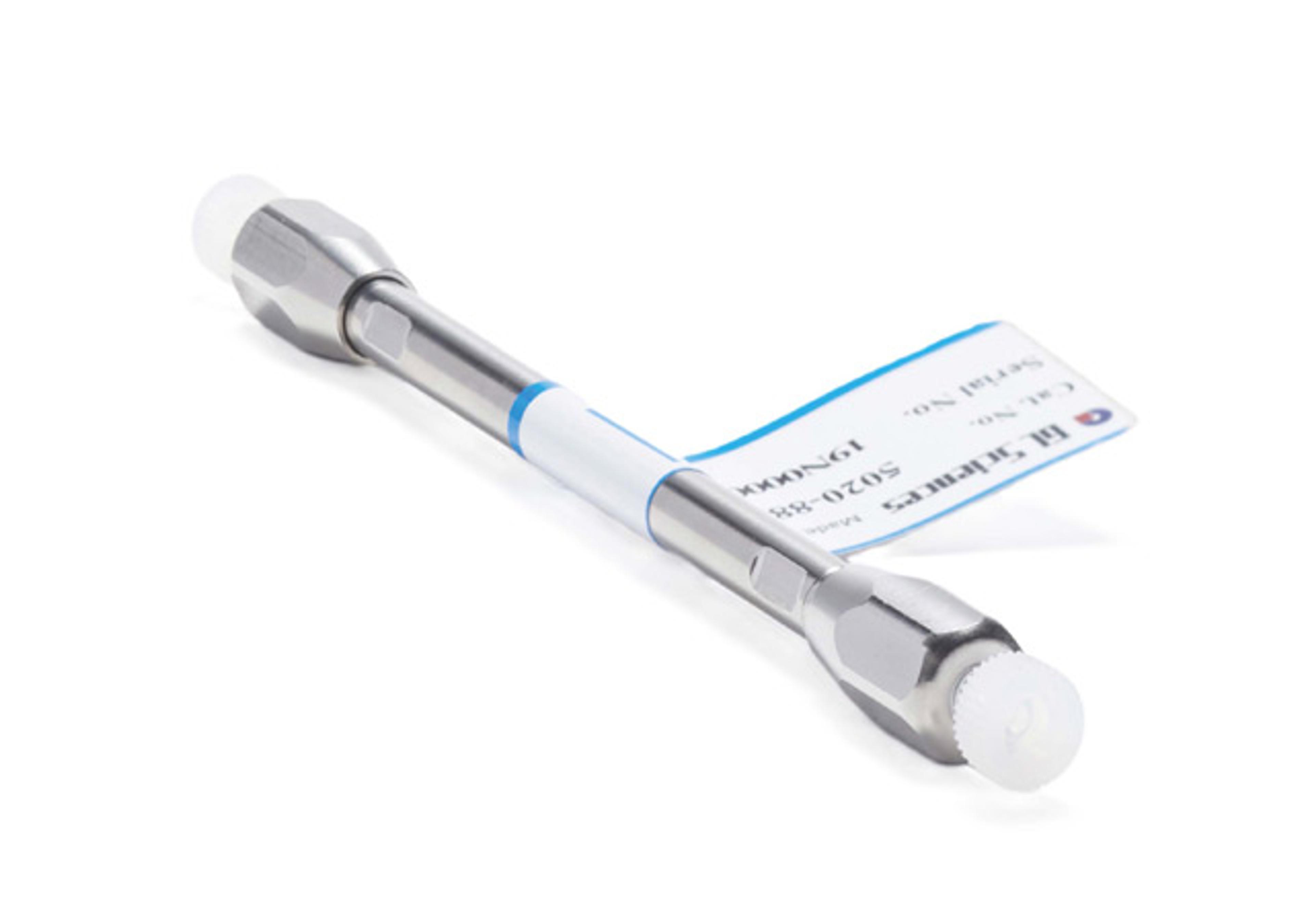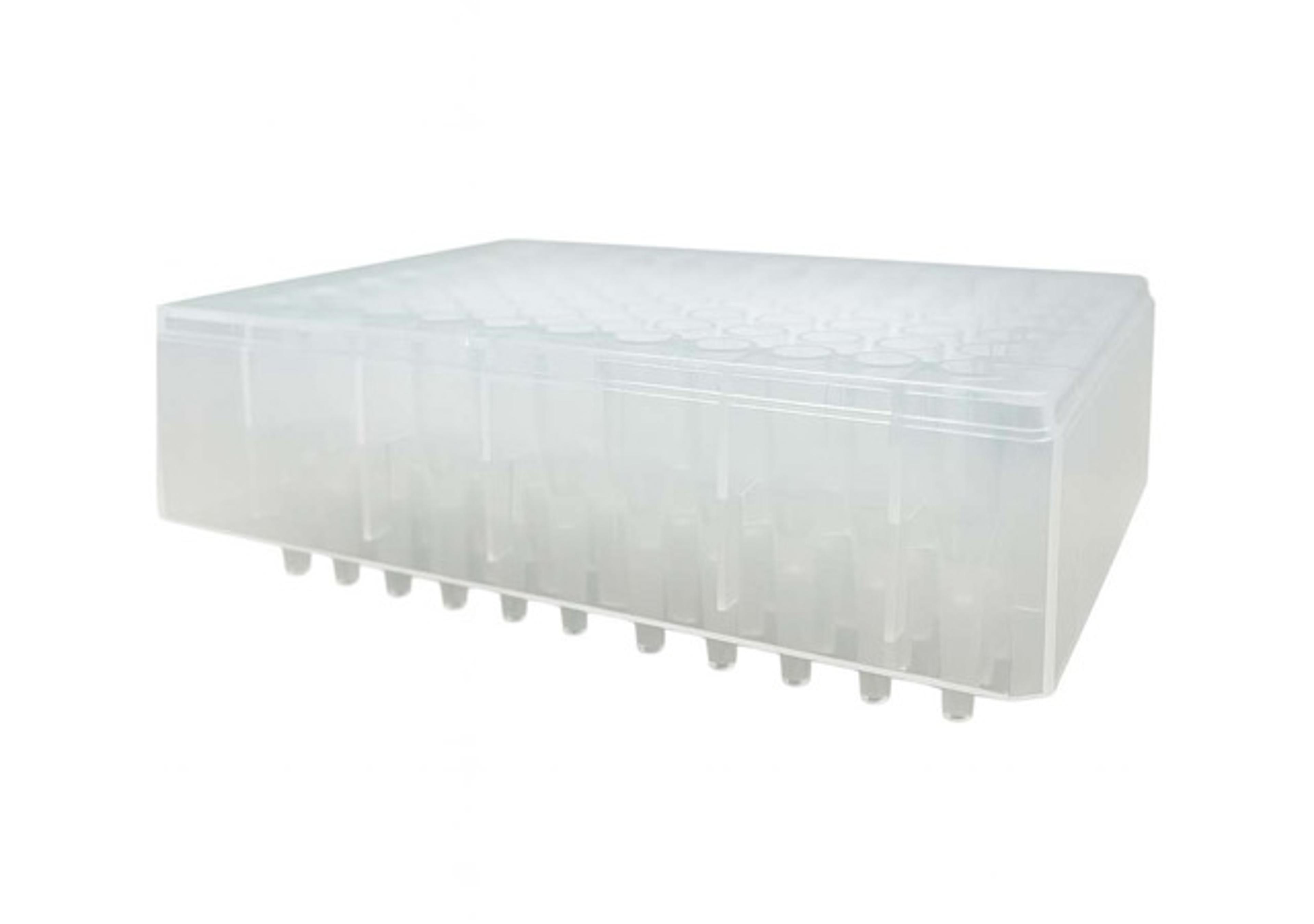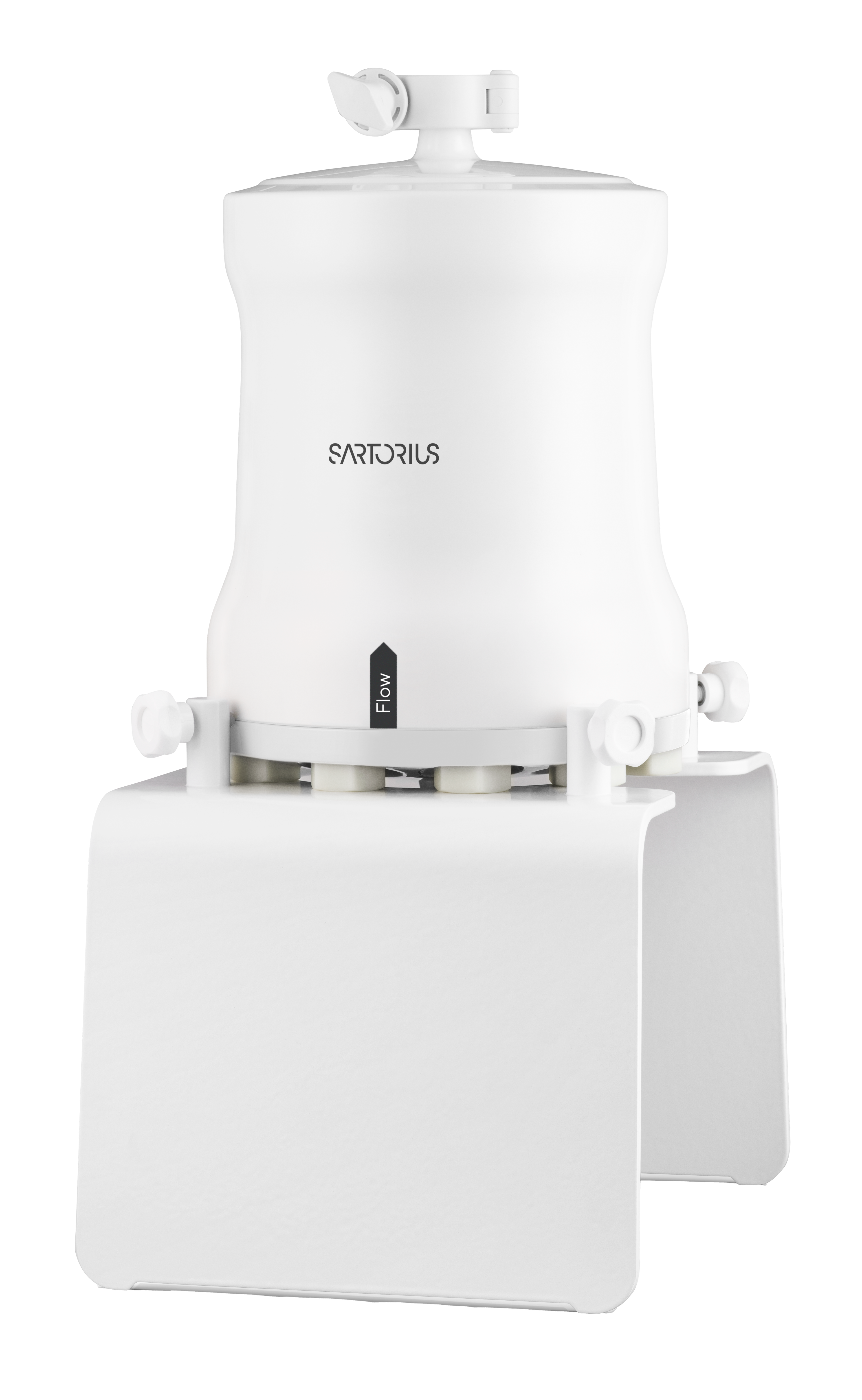MultiScreen Solubility Filter Plates
96-well filter plate designed and optimized for aqueous solubility assaysDetermining a compound's aqueous solubility has become an essential early measurement to make in the drug discovery process. Poor water solubility can cause problems in many different in vitro testing techniques leading to unreliable results and/or reproducibility problems; insoluble precipitates have been shown to cause false positives in bioassays poten…

The supplier does not provide quotations for this product through SelectScience. You can search for similar products in our Product Directory.
Great plates for filtering aqueous samples of low surface tension without leakage!
Separate proteins and debris from cell lysates as a first step to clean-up nucleic acids
Unlike plates with hydrophilic membranes, which usually leak profusely if the samples in the wells contain surfactants like SDS, these plates did not leak at all when 10%SDS was added and incubated for hours [and still allowed the soluble portion of my lysates to filter through with good recovery] Pre-wetting the wells with 30% ethanol increased the filtration rate but, even without pre-wetting, my aqueous suspensions filtered through the membranes fairly quickly without needing to add any organic solvents. The well volume is 0.5ml, slightly larger than the typical 96 well [~300ul], is another nice feature. Interestingly, the same manufacturer has a deep-well version [~2ml/well] made with the same materials but every time I tried to use those for the same application, they leaked badly so I ended up having to adapt my protocol to the smaller volume. I found it works very nicely so now I am a big fan of those plates!
Review Date: 16 Apr 2019 | Merck
Review Date: 7 Apr 2009 | Merck
Review Date: 12 Apr 2006 | Merck
96-well filter plate designed and optimized for aqueous solubility assays
Determining a compound's aqueous solubility has become an essential early measurement to make in the drug discovery process. Poor water solubility can cause problems in many different in vitro testing techniques leading to unreliable results and/or reproducibility problems; insoluble precipitates have been shown to cause false positives in bioassays potentially wasting valuable resources. Water solubility also influences absorption and thus can be used to help predict the bioavailability of a molecule.



